01
Apr
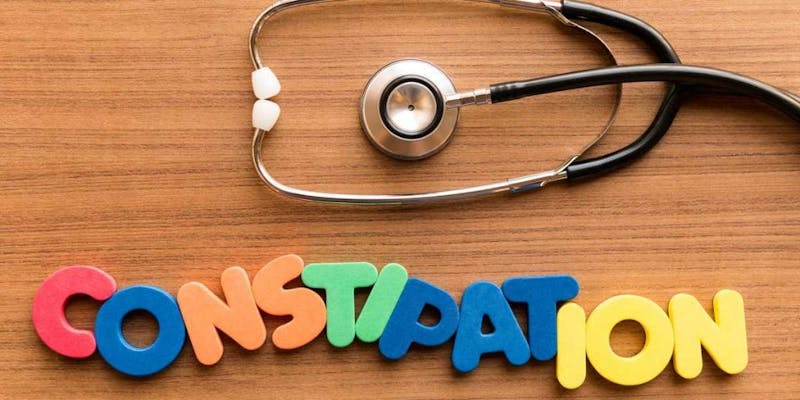
Pipes clogged? BM after weight loss surgery.
Decreased food intake, difficulty on drinking adequate amounts of fluids, and iron & calcium supplementation can reduce frequency in bowel movements. Is there something you can do? First, you would need to assess if there is a medical condition that is somehow impeding the pro...
View More01
Apr
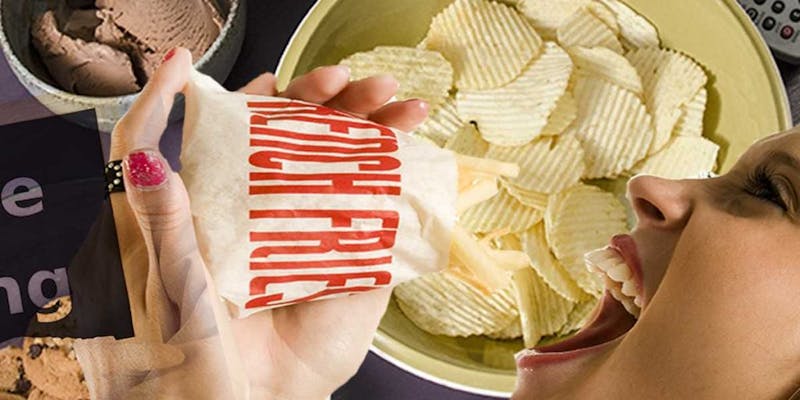
Binge Eating… Is it Possible to Break Such a Vicious Cycle?
Binge eating is defined as a compulsive overeating. People who binge eat can experience eating enormous amounts of food and feeling powerless to stop. Some patients start at adolescence or at early adulthood, most start after an episode of dieting. Most patients will eat even whe...
View More01
Apr
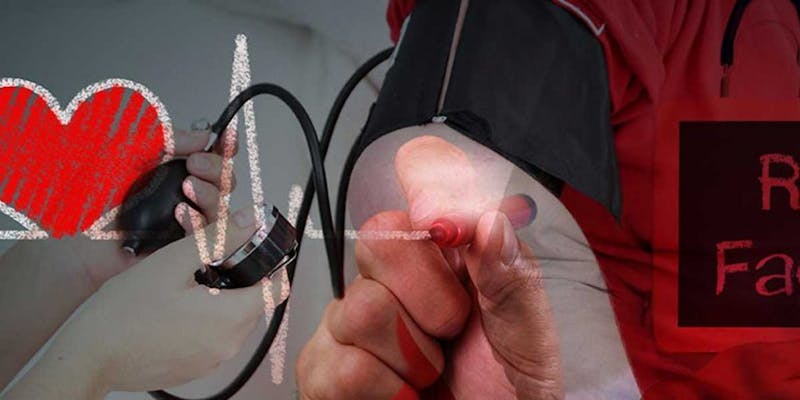
Why a Healthy Weight is Important to the Heart
Obesity and your heartIt is a well-known fact that obesity greatly increases the risk of developing heart disease, but another less known fact regarding cardiac disease in obese patients is that the diagnosis of heart disease comes at a younger age than in normal weight inid...
View More01
Apr

Winter + Food… Not The Best Combo… See Why
Winter and ObesityFollowing the Northeast storm that has brought arctic weather to most of the east coast, we are frequently reminded of the huge economical implications, travel risk and specific health issues related to wintertime. It is very common for people to gain weight dur...
View More01
Apr

BRATTY Diet: Solid Meals To Help Relieve Diarrhea
DiarreaWhen experiencing diarrhea it is best to stick with non-irritating foods that are gentle on the stomach. Include in your diet those that are salty, starchy and low in fiber. Recommended foodsBananaHelps replace potassium lost due to diarrhea and firm bowel movements. Rice /...
View More01
Apr

Ditch The Calorie Counting
CaloriesObsessing about calories and trading foods for calorie equivalents may not be the best strategy for weight control. A common mistake of calorie comparison is to ignore the nutritional value of foods. By choosing a can of soda for energy, instead of a handful of nuts...
View More01
Apr
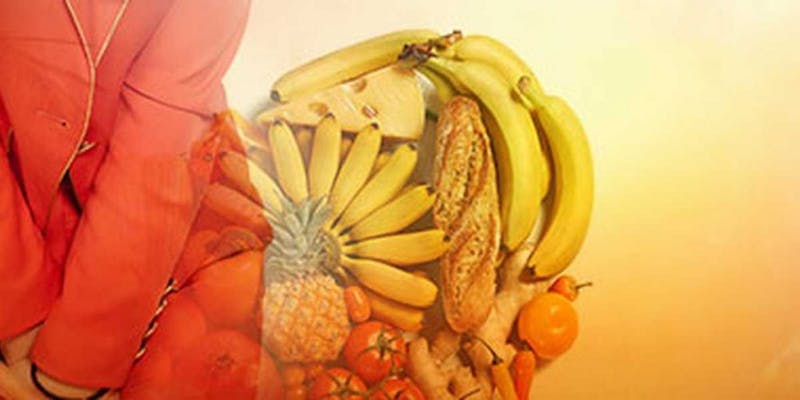
Obesity and Urinary Incontinence. How Can It Be Related?
Obesity is a disease that either creates or is related to many comorbidities, such as hypertension, diabetes, but one that is also common, but not mentioned as much is urinary incontinence. What is urinary incontinence? Urinary incontinence is a condition in which the patient has...
View More01
Apr
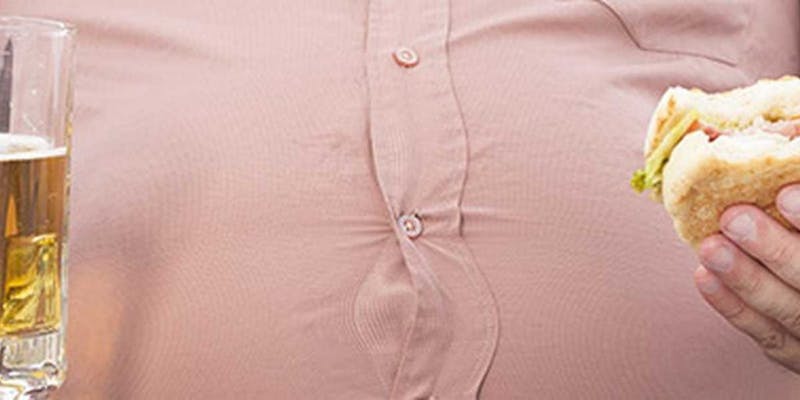
General Conditions for Bariatric Surgery
ContraindicationsIt is important to know all conditions that may exclude a person from a bariatric program, given that most are relatives. Who are not candidates for bariatric surgery? The fact that one person with an obesity prognosis meets the NHI (National Health Consensus) rega...
View More01
Apr
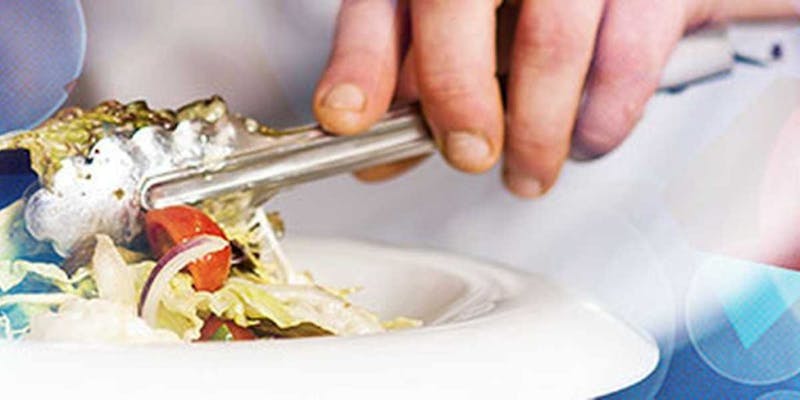
Bariatric Surgery Pre-Op-Diet
“The last meal”While you might feel tempted to have a “last meal” or a “private food farewell” you must be aware that doing so you will replenish your liver and ultimately enlarge it, diminishing the purpose of the pre-op diet and making it mor...
View More01
Apr

Best Sources of Protein for Weight Loss Surgery Patients
Patients who have gastric sleeve surgery need to emphasize protein intake above any other food sources. Protein needs range from a minimum of 60g/day during the early post-surgical days to about 100g /day at a year from surgery. How can you know you are taking enough? Immediately...
View More
